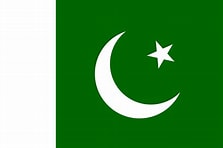No Result
View All Result

ABOUT IIRF
IIRF is a Delhi based think tank working on security, international relations, economics, culture, and education. Our priority is to sponsor and publish research papers and articles, initiate discourses, spread ideas on various issues of national and international importance.
STRATEGIC STUDIES AND GEOPOLITICS PROGRAMME
This programme works on defence strategies, deployments, force structures, and current issues relations to borders etc. The geopolitical angle are given emphasis in these analysis to bring out global trends and discern underlying forces driving international relations.
Webinar on
NON-TRADITIONAL THREATS TO MARITIME SECURITY
Date: 5 August 2021 Time: 1100 Hrs-1330 Hrs (IST)

CONCEPT NOTE
India has an extensive coastline of 7,516 km and several hundred islands, including Lakshadweep in the Arabian Sea and the Andaman and Nicobar Islands in Bay of Bengal. India faces several challenges in the Indian Ocean Region (IOR) and it’s larger maritime neighbourhood. The challenges and opportunities need to be comprehended if India is to be a major power in the IOR.
MARITIME THREATS FACING INDIA
India is centrally located with access across the IOR. Maritime economic activities include energy, trade, and fisheries. Many of India’s activities are dependent on Sea Lines of Communication (SLOCs). Sea routes and Freedom of Navigation (FoN) is important to India’s national interest. In pursuance of these imperatives, India faces traditional and non-traditional maritime threats[1]. These are continuously being assessed.
Traditional Threats and Sources: These are threats from states holding a detrimental perspective apropos India. Antagonistic activities of these states would be greater in ambit and extent. India has a geographic advantage in the IOR. However, China too has increased it’s influence and is now the major maritime rival of India. Pakistan too is an important rival that should not be ignored.
Non-Traditional Threats and Sources: There has been an increase non-traditional security threats, e.g. piracy, and terrorism in recent years. Some of the major topics within the larger theme of Non-Traditional Security Challenges (NTSC) are:
-
State supported acts of non-state rogue elements, at or from the sea: E.g., Maritime Terrorism
-
Non traditional security challenges of human making: E.g., Piracy, IUU Fishing
-
Non-traditional security challenges arising from natural causes: E.g., Climate change
India has the challenge of various types of grey zone activities in it’s neighbourhood. Changes in non-traditional threats and challenges necessitate corresponding changes in strategies, force structures, operating methodology, training, and coordination mechanisms.
COASTAL SECURITY
The major casualty of Maritime Terrorism are coastal cities, ports, and infrastructure. Coastal Security’ represents the ability of a coastal State to preserve these National Security interests in the coastal zone, mostly against low-intensity maritime threats faced in times of general peace, or tension. The Mumbai terror attack of 26/11 is seen as a watershed in India’s maritime security especially coastal security. After this event several steps were taken to improve operational aspects of coastal security. This includes involvement of the Indian Coast Guard, state governments and others. There is also an upgradation of Maritime Domain Awareness.
MAIN QUESTIONS
Against this backdrop these issues, Indus International Research Foundation, is organising a webinar on Non-Traditional Security Threats. This online seminar shall try and address the following questions:
-
What are the non-traditional threats facing India?
-
What are India’s coping strategies with these threats and secure it’s Territorial Waters and other strategic space?
-
What is the role of Maritime Domain Awareness (MDA) in facing these challenges?
-
What is the role of Joint and Theatre Commands in the context of coastal security?
-
What are the role of alliances in this regard?
PROGRAMME SCHEDULE
Date: 5 August 2021 Time: 1100 Hrs-1330 Hrs (IST)
1100-1105: Welcome Rishi Athreya
1105-1110: Introduction to IIRF Gp Capt Raj Shekhar Mehta (Retd)
1110-1115: Introduction of topic and speakers Rishi Athreya
1115-1135: Theme Address:
Non Traditional Threats V Adm M.P. Muralidharan, (Retd)
1135-1155: Maritime Terrorism Cmdre R. Seshadri Vasan, (Retd), Regional Director NMF, Tamil Nadu; Director C3S
1155-1215: Piracy Cmdre Venugopal Vengalil (Retd)
1215-1235: Importance of a robust
National Merchant Navy Fleet Mr. Uday Purohit
1235-1255: Coastal Security Organisation Cmdre Udai Rao (Retd)
1255: Q&A Coordinated by Organising Secretary
1330: Vote of Thanks Col P. Madhavan
SPEAKERS
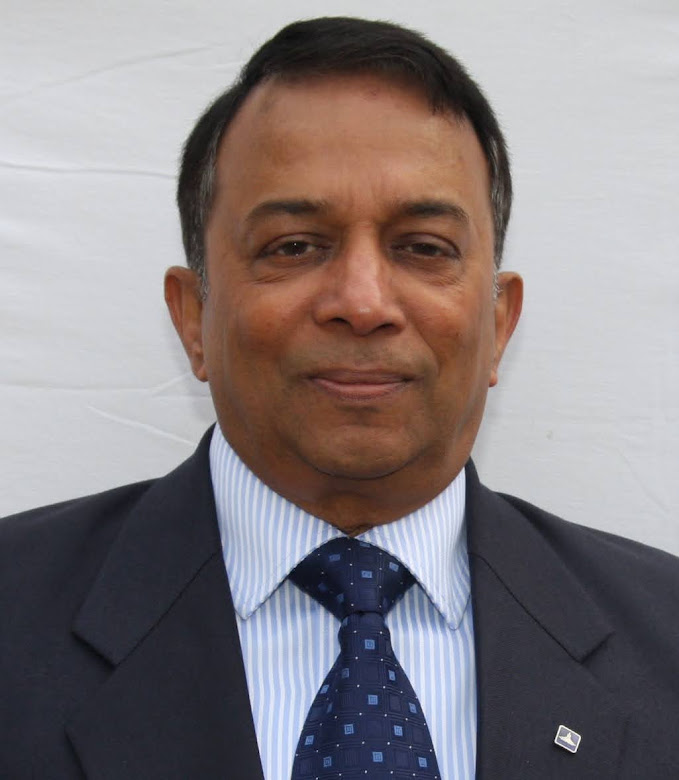 V Adm M.P. Muralidharan, AVSM & Bar, NM (Retd):
V Adm M.P. Muralidharan, AVSM & Bar, NM (Retd):
Vice Admiral M P Muralidharan, retired in Feb 2013 as the 19th Director General of the Indian Coast Guard. A specialist in Navigation and Direction and a Post Graduate in Defence Studies, the Admiral in a career of close to four decades in the Indian Navy, has held several key Operational and Staff appointments including command of three warships. Post retirement, the Admiral was appointed as a Member of the Armed Forces Tribunal at its Regional Bench at Kochi. The Admiral, a keen student of Strategic and Defence related Issues with special focus on Maritime affairs, is a member of various strategic study societies and institutions. He is a regular contributor to professional journals and a speaker and panellist at various Seminars and Conferences.
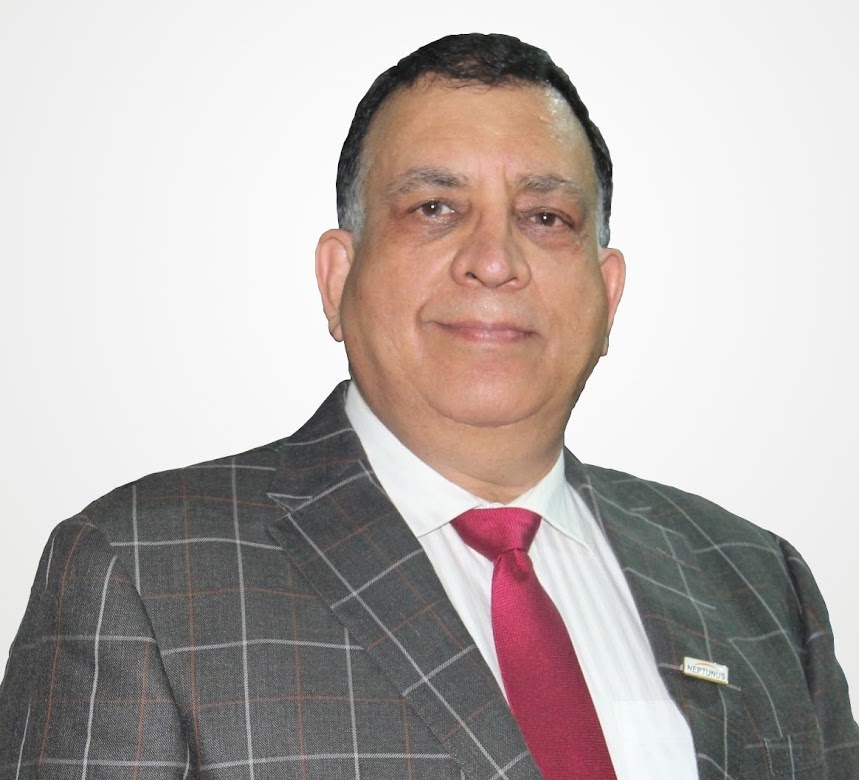 Mr. Uday Purohit:
Mr. Uday Purohit:
Uday Purohit is an alumni of the Marine Engineering College DMET, Kolkata of the 1977-81 batch. Mr. Purohit completed his Certificates of Competency both Class 2 and Class 1 from the UK. He is a Chartered Engineer. Mr. Purohit was a seafarer for fifteen years. Thereafter he started a Small and Medium Enterprise that provides customised and operator friendly engineering solution in maintenance to Industry, Marine and Oil and Gas sectors. His company has long been commended as a leading SME. Mr Puohit has been a speaker at several seminars and events, including industry associations, academia, and conglomerate businesses. He has also delivered a white paper based analysis Golden Jubilee Celebration of the Indian Navy’s Diesel Testing and Tuning Team. Mr Purohit currently serves a President of the Institute of Marine Engineers (India) a learned society of 10,000 plus members.
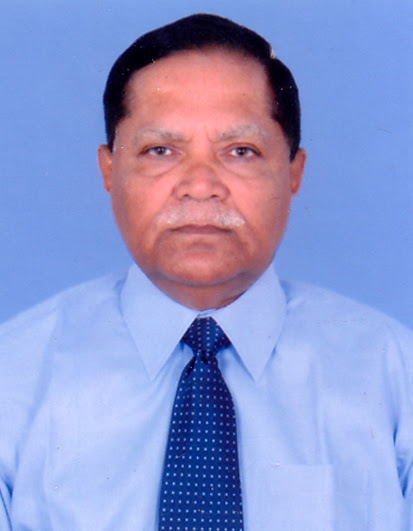 Cmdre Udai Rao (Retd)
Cmdre Udai Rao (Retd)
Commodore Udai Rao has commanded three frontline ships. He was a part of IPKF operations and was Indian Naval Commander in Northern Sri Lanka. An important appointment that he held was that of Principal Director Naval Intelligence at Naval Head Quarters, from 2001 to 2006 including during OP PARAKRAM. Commodore Rao has served as a Director in the Cabinet Secretariat where he set up the Maritime Division and handled strategic and security issues at the National level. He has also been a Diplomat at the Indian mission in the Fiji Islands with concurrent accreditation to Cook Islands, Kiribati, Nauru, Tonga, Tuvalu and Vanuatu. He has been closely involved in sea training of marine police and customs marine wings of the country. He is currently a trustee of the Institute of Contemporary Studies Bangalore.
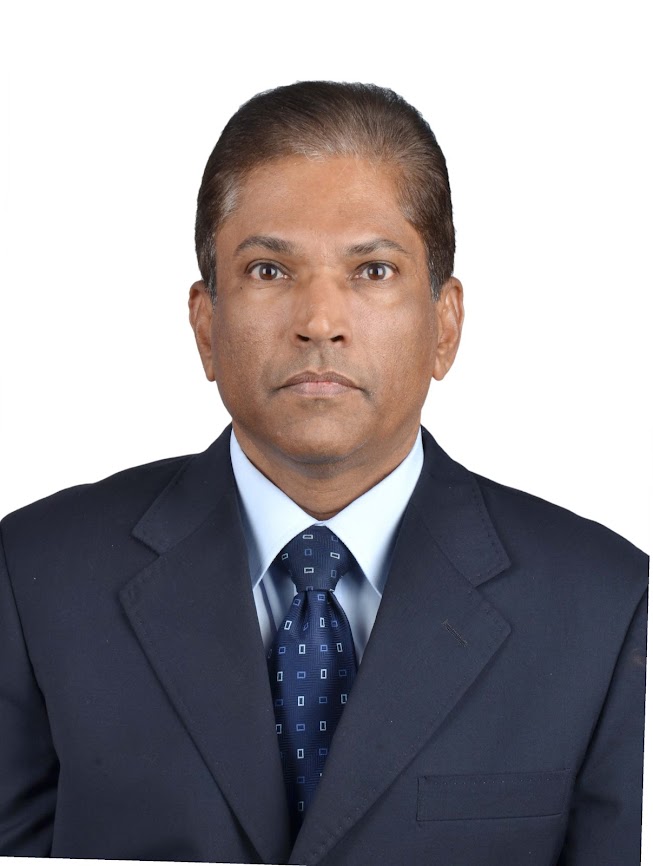 Commodore Venugopal Vengalil, (Retd)
Commodore Venugopal Vengalil, (Retd)
Commodore Venugopal Vengalil, (Retd), was commissioned to Indian Navy in Jan 1979 . He is an alumni of National Defence Academy , DSSC Wellington , College of Naval Warfare , Mumbai & Asia Pacific Centre for Security Studies , Honolulu. He is a specialist in Anti Submarine Warfare and has served afloat and ashore in various appointments during his service spanning thirty years. Post retirement, he worked as head of Operations & logistics for a private sector shipping company in Oman supporting multinational Navies engaged in counter piracy operations in Red Sea & Gulf of Oman. Currently he is engaged with CSR initiatives of Tatas in Munnar.
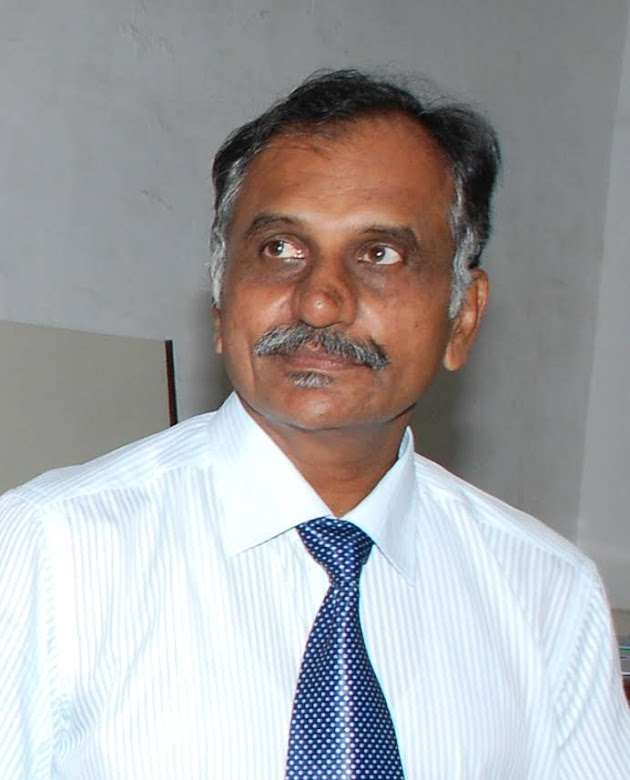 Cmdre. R. Seshadri Vasan (Retd)
Cmdre. R. Seshadri Vasan (Retd)
Cmdre RS Vasan is the Regional Director, National Maritime Foundation, Tamil Nadu Chapter; and: Director, Chennai Centre for China Studies. An alum of the Defence Services Staff College, and the Naval War College, he has rendered distinguished service in the Navy and the Coast Guard, spanning over 34 years. His uniformed appointments include the sea-going command of warships, two major air stations, and, a maritime air squadron. He has participated both, in the 1971 India-Pakistan Conflict and in the IPKF operations. After his retirement he has enriched several think-tanks and is a regular speaker at many international and national conferences and seminars. Currently, he is the Director of the Asian Bureau of Worldborderpol. He is also a member of the visiting faculty at the Indian Maritime University, the Academy of Maritime Education and Training, the Great Lakes Institute of Management, and, the Hindustan Institute of Engineering Technology. He is also on the Board of Advisors at the Madras University, and the Stella Maris College.
PANEL CHAIR
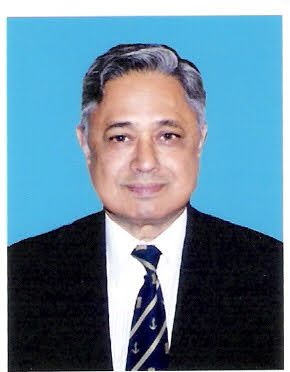
Vice Admiral R.N. Ganesh, PVSM, AVSM, NM (Retd)
Vice Admiral RN Ganesh (Retd.) was commissioned in the Indian Navy in 1963. He is an underwater weapons and submarine specialist, and has commanded a diesel submarine, India’s first nuclear submarine INS Chakra and the aircraft carrier INS Vikrant. He has served as the Flag Officer Submarines, Flag Officer Commanding Western Fleet, and Commander Andaman & Nicobar Islands. His other assignments were Director General, Indian Coast Guard, and Commanding-in-Chief, Southern Naval Command. His last appointment was as the Director General of the Indian nuclear submarine programme which he continued to head after retirement from active service till 2004. He has studied at the Defence Services Staff College, Wellington, the National Defence College, New Delhi, and the Adm. Makarov Pacific Fleet Higher Naval Academy, Vladivostok. His interests include Maritime security and strategic affairs, and maritime security developments. V Adm R.N. Ganesh is the Director of Asia Centre Bangalore.
ORGANISING TEAM
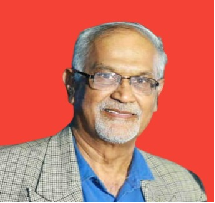
President IIRF
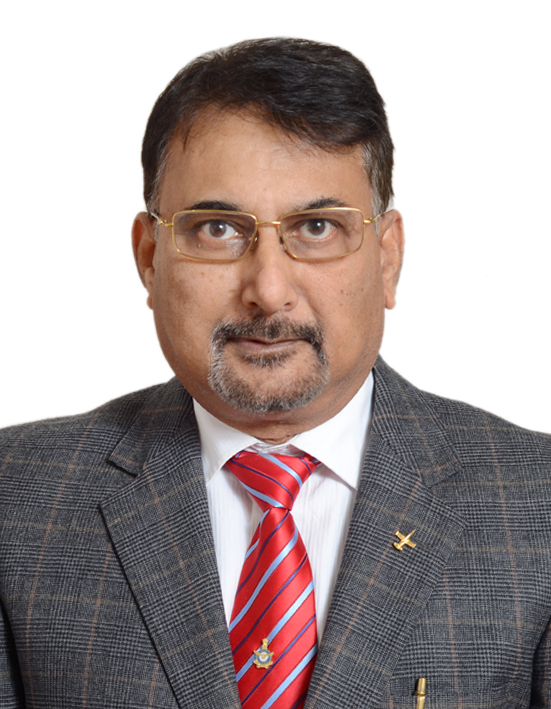
ENQUIRIES
Convenors – Col Parappil Madhavan (Retd), Director Events, IIRF
Organising Secretary – Mr Rishi Athreya, Head of Research, (Strategic Studies), IIRF
HOW TO PARTICIPATE
[1] Indian Navy, Ensuring Secure Seas, India’s Maritime Security Strategy (2016), Pg. 5
No Result
View All Result


 V Adm M.P. Muralidharan, AVSM & Bar, NM (Retd):
V Adm M.P. Muralidharan, AVSM & Bar, NM (Retd): Mr. Uday Purohit:
Mr. Uday Purohit: Cmdre Udai Rao (Retd)
Cmdre Udai Rao (Retd) Commodore Venugopal Vengalil, (Retd)
Commodore Venugopal Vengalil, (Retd) Cmdre. R. Seshadri Vasan (Retd)
Cmdre. R. Seshadri Vasan (Retd)
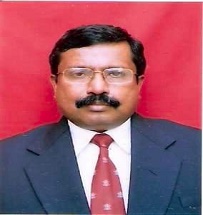 Col. Parappil Madhavan, Director Finance, IIRF
Col. Parappil Madhavan, Director Finance, IIRF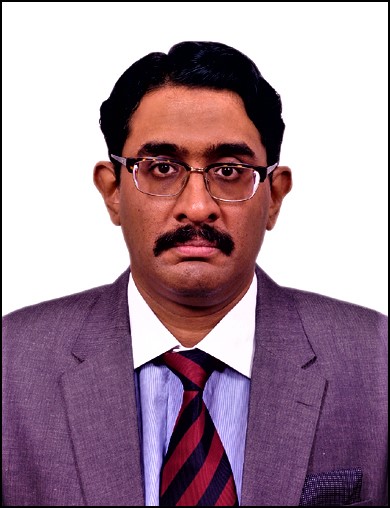 Rishi Athreya, Research Head(Strategic Studies), IIRF
Rishi Athreya, Research Head(Strategic Studies), IIRF





